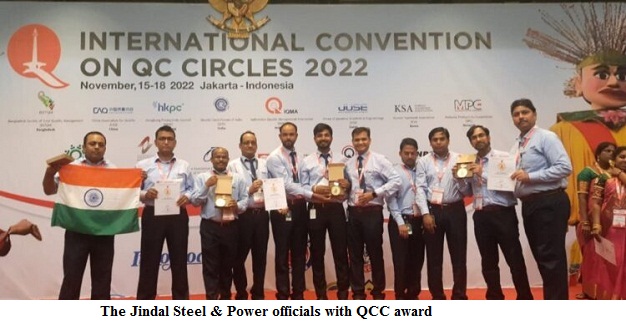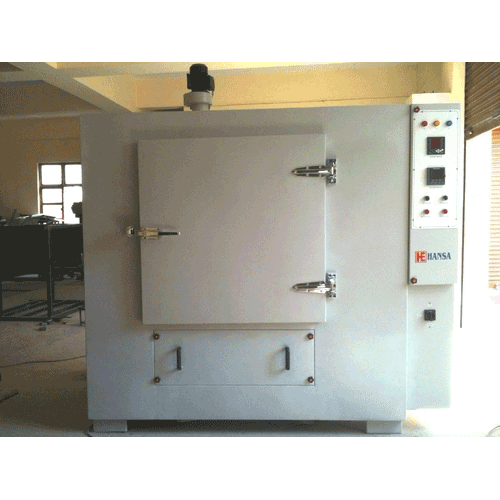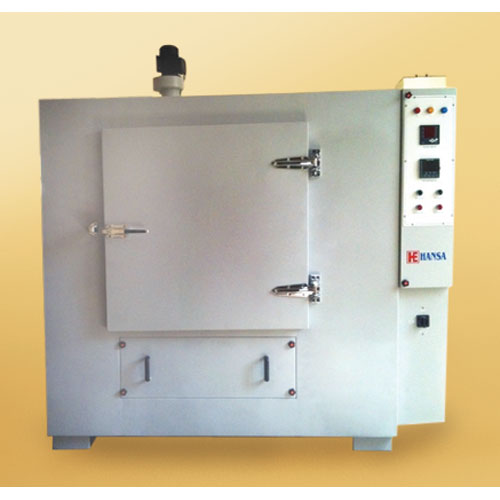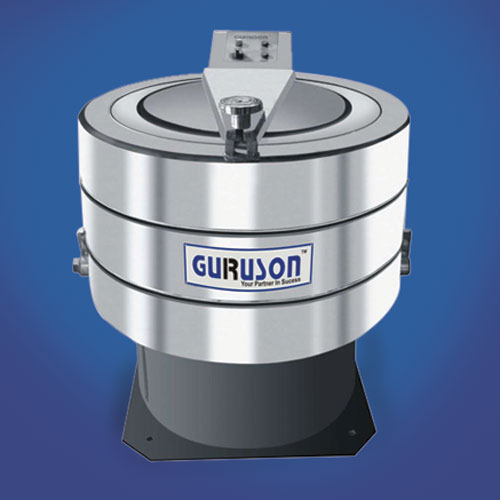Schedule a Call Back
Quality Control Circles: The basic building blocks of business excellence
 Articles
Articles- Nov 30,22

- Quality is TOTAL and not confined to the manufacturing divisions only (which was the case prior to 1950).
- Quality is to be managed and not merely controlled ie, TQM and not TQC. Continuous Improvement is the key element of quality management whereas inspection and conformance to specification was the motto in the TQC era.
- Continuous Improvement should be done using the concept of PDCA.
- No one is exempt from quality, ie, all employees, starting with the CEO are a part of the quality movement. Cross functional teams, superordinate goals, teamwork were the instruments of deploying PDCA in organisations.
- While quality deployment can and should be done using themes, slogans and calls for action, Continuous Improvement leading to an upward spiral is possible only if specific and refined tools and techniques are used in practice.
- Above all, the practice of improving quality using the Continuous Improvement techniques should not be merely confined to company or organizational work by employees, but also should be used in day to day life, so that the final goal of self development and self realization is achieved by each of the practitioners.
- The QCC movement was run in Tata Steel under the TQM umbrella. Other initiatives included TPM, TOP (Total Operating Performance, an initiative specifically designed to give quantum jump in cost savings), 5S, Value Engineering, Methods Engineering, and others. With all these projects going on, the company realised large benefits in terms of cost savings, improved efficiency, lower cycle times, higher productivity, and so on. Below figure shows a snapshot of the combined savings achieved.This same picture can be obtained from many other companies, such as, BHEL, JSW Steels, Mahindra, TVS group companies, Tata Motors, Maruti Limited, L&T, and others. Owing to the close working and collaborative and co-operative work practices adopted, productivity increases, rework falls, quality of output goes up, Work In Process inventory goes down and on-time delivery to customers increases. It is hoped that more and more companies, especially MSME’s, adopt the QCC approach to become more competitive in the global marketplace and contribute to the GDP of India going upto 4 trillion by 2025.About the author:R Jayaraman is the Head, Capstone Projects, at Bhavan's S P Jain Institute of Management & Research (SPJIMR). He has worked in several capacities, including Tata Steel, for over 30 years. He has authored over 60 papers in academic and techno economic journals in India and abroad. Jayaraman is a qualified and trained Malcolm Baldrige and EFQM Business Model Lead Assessor.
Related Stories

Ford to Invest Rs 32.5 Billion in India, Defying Trump’s US Manufacturing Push
Ford Motor Co. plans a Rs 32.5 billion investment to restart engine production in India, signalling renewed confidence in the country despite political tensions with the US.
Read more
India’s petrochemical economy: Opportunities for manufacturing industry growth
With supportive government policies and robust market demand, the Indian petrochemical industry has the potential to emerge as a pillar of industrial self-reliance, write R Jayaraman and T C R Amon.
Read more
Tata Steel Faces Rs 24.11-Bn Demand from Odisha Authorities
This follows a previous demand of Rs 19.02 billion for the fourth year, which Tata Steel is already contesting in the Orissa High Court.
Read moreRelated Products

Heavy Industrial Ovens
Hansa Enterprises offers a wide range of heavy industrial ovens.

High Quality Industrial Ovens
Hansa Enterprises offers a wide range of high quality industrial ovens. Read more

Hydro Extractor
Guruson International offers a wide range of cone hydro extractor. Read more














